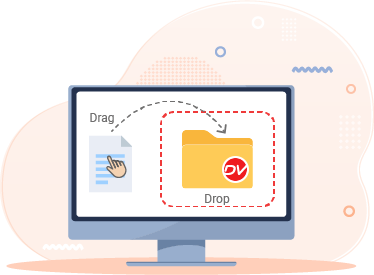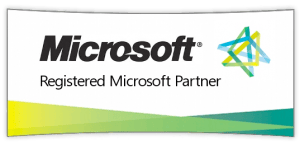Implementing a Document Management System – Not Conditional on ROI

Companies around the globe are in a perennial race to be more successful and invest heavily in new technology and talented personnel to achieve that end. This strategy has been slightly affected in these times of global recession and cautious recovery. Now, companies have grown a natural instinct for cutting expenses, saving money and sticking to the basics. The budget for technology implementation is available, but a discussion for that always moves around ROI. Implementation of a document management system isn’t alien to this scenario.
Implementing a Document Management System (DMS) is often viewed through the Return on Investment (ROI) lens. However, this article challenges the conventional approach by emphasizing that the decision to adopt a DMS should prioritize efficiency gains and long-term benefits over immediate financial returns. Let’s explore the key considerations and strategies for implementing a DMS without being strictly conditional on ROI.
- Operational Efficiency: Implementing a DMS streamline document-related processes, reducing the time and effort required for tasks such as document creation, retrieval, and distribution. While the impact on operational efficiency might not be immediately quantifiable in monetary terms, the long-term gains in productivity are substantial.
- Compliance and Risk Mitigation: A well-implemented DMS ensures compliance with industry regulations and reduces the risk of legal issues related to document management. This is an investment in safeguarding the organization’s reputation and minimizing the potential financial implications of non-compliance.
- Enhanced Collaboration: Collaboration is at the heart of successful businesses, and a DMS fosters seamless collaboration by providing a centralized platform for document creation, editing, and sharing. The intangible benefits of improved teamwork and innovation contribute to the organization’s overall success.
- Document Security and Data Protection: The cost of a security breach or data loss can be astronomical. A DMS enhances document security through access controls, encryption, and regular backups. While the direct financial impact might not be immediately evident, the prevention of potential financial losses is a compelling reason to invest in a robust DMS.
- Adaptation to Modern Work Practices: The modern workforce values flexibility and remote collaboration. A DMS supports these work practices by providing cloud-based access to documents, accommodating the needs of a mobile and distributed workforce. This adaptability contributes to employee satisfaction and retention.
A few experts consider the current document management technologies and systems as mature as the companies want them to be. The concerns over implementation expenses and the potential ROI continue to stay. Still, as time passes, the system’s advantages of saving time, space, and cost reduction coupled with enterprise-wide file sync, share capabilities, and more user-friendly document interfaces will gradually ease the apprehension.
With Docsvault enterprise-leveled features, the question of ROI is also being phased out of contention. To know more about Docsvault’s array of excellent features and hard-to-believe pricing that can help your organization, you can reach us through email ([email protected]) or call (1-888-819-3035).





